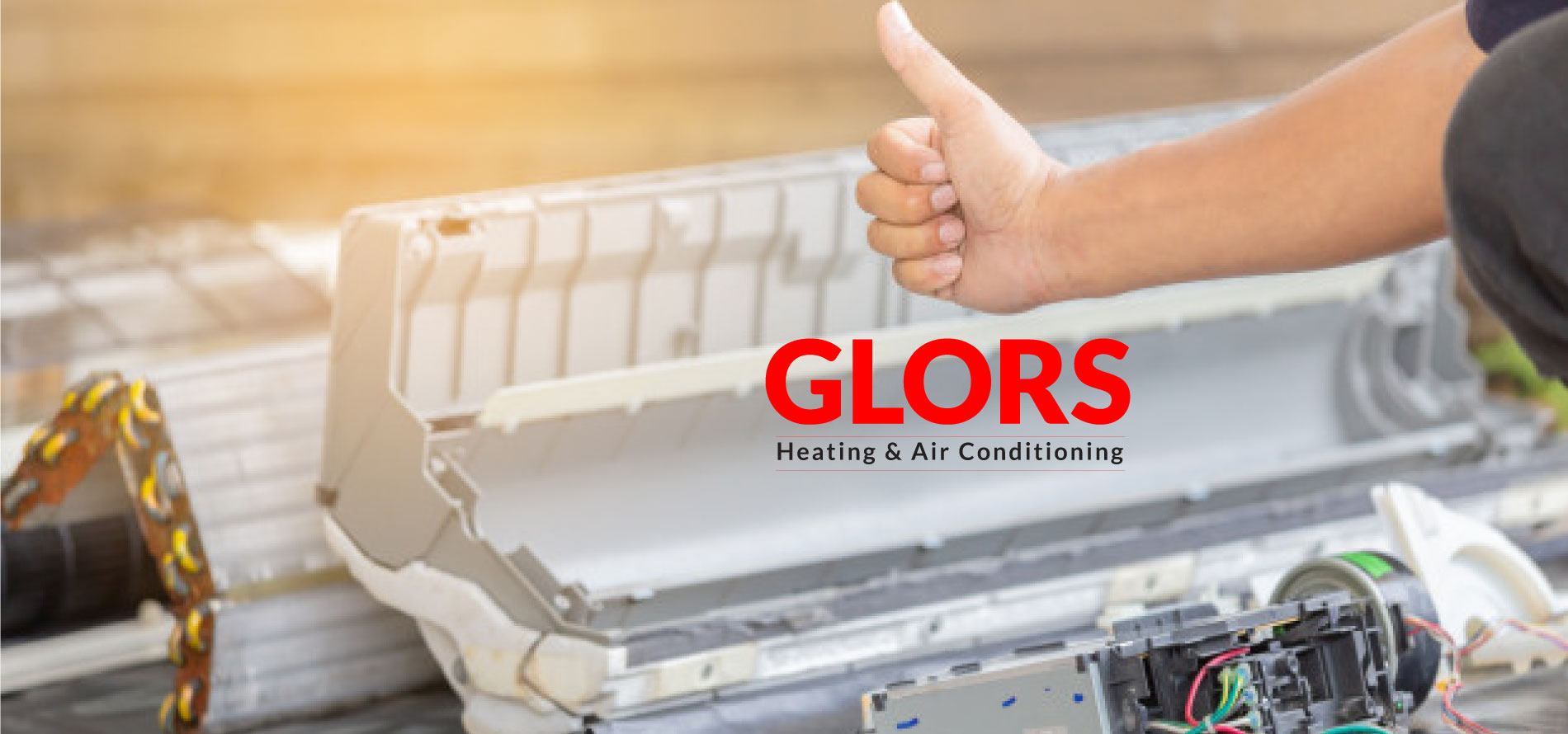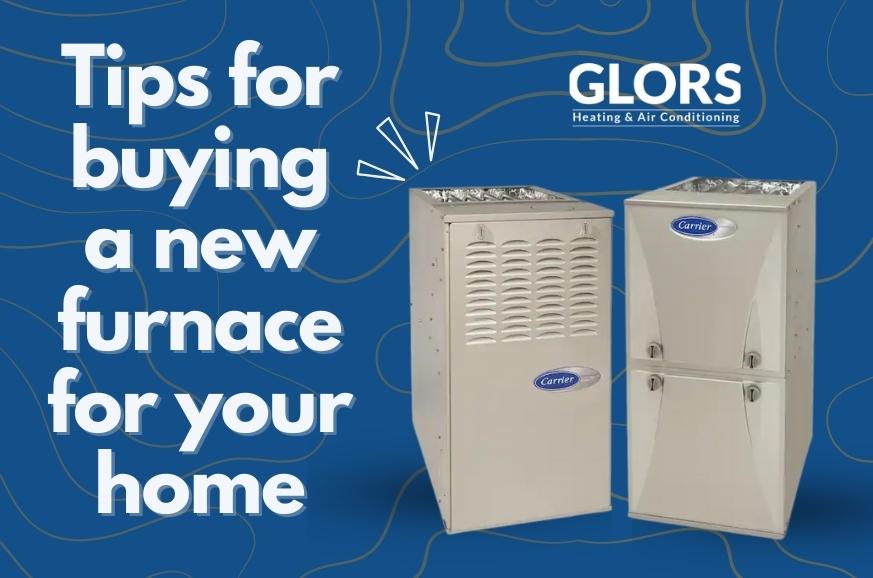Buying a new furnace for your home involves considering several factors to ensure you get the right one for your needs. Here are some tips to guide you through the process:
-
Calculate Heating Needs: Determine the heating requirements for your home based on its size, insulation, and climate. A professional assessment can help determine the appropriate furnace size (measured in BTUs) for efficient heating.
-
Energy Efficiency: Look for furnaces with high Annual Fuel Utilization Efficiency (AFUE) ratings. Higher AFUE ratings indicate better energy efficiency and lower operating costs.
-
Consider the Fuel Source: Decide whether you prefer a gas, electric, or oil furnace based on availability, cost, and efficiency of the fuel source in your area.
-
Research Brands and Models: Explore reputable brands known for quality and reliability. Read reviews, check warranties, and consider features like variable-speed blowers, programmable thermostats, and noise reduction technologies.
-
Consult HVAC Professionals: Seek advice from HVAC professionals who can provide recommendations based on your home's specific requirements. They can guide you on the most suitable options and perform accurate sizing calculations.
-
Cost and Budget: Consider the initial cost of the furnace, installation expenses, and long-term operating costs. While a higher efficiency furnace might have a higher upfront cost, it can save money over its lifespan due to lower energy bills.
-
Maintenance and Service: Check the ease of maintenance and availability of service for the furnace models you're considering. Some models may require more frequent maintenance or have higher service costs.
-
Warranty and Support: Look for furnaces with good warranty coverage and reliable customer support. A solid warranty can provide peace of mind and protect you against unexpected repairs.
-
Compatibility with Existing System: Ensure the new furnace is compatible with your existing ductwork, thermostat, and home setup to avoid additional installation expenses.
-
Professional Installation: Hire a licensed HVAC professional for the installation to ensure proper setup, safety, and optimal performance of the new furnace. Improper installation can lead to efficiency issues and safety hazards.
Taking these factors into account can help you make an informed decision when purchasing a new furnace and ensure you choose the most suitable one for your home's heating needs. Glors Heating and Air Conditioning



